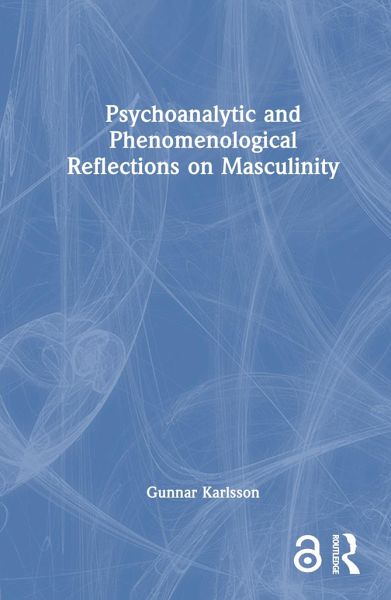
Psychoanalytic and Phenomenological Reflections on Masculinity
Versandkostenfrei!
Versandfertig in 1-2 Wochen
161,99 €
inkl. MwSt.
Weitere Ausgaben:

PAYBACK Punkte
81 °P sammeln!
In this highly original volume, Gunnar Karlsson offers new answers to the question concerning the relationship between belonging to a specific sex as a male and striving for a masculine identity.














